
Reframing Organizations
Artistry, Choice, and Leadership
Read or listen offline
Amazon KindleRecommendation
Picture yourself in the optician’s chair, looking through the refractor and trying to decipher the test chart on the wall. At first, the chart seems a blur. The optician changes the lens and large letters in the top rows become visible. Lens after lens, your vision improves and you make sense of the chart. Organizational behavior experts Lee G. Bolman and Terrence E. Deal support you in a similar way by offering four “frames” through which to analyze organizations, procedures and dynamics at work. Their 500-page volume – a standard industry textbook in its fifth edition – may not be a “one-minute-manager” breeze, but it’s a rich, readable, applicable reference with cogent examples. getAbstract finds that executives in planning roles as well as business students, entrepreneurs, executives, managers, small-business owners and anyone wanting to understand organizational life will refer to it again and again.
Summary
About the Authors
Lee G. Bolman works in leadership at the Bloch School of Business and Public Administration at the University of Missouri–Kansas City. Terrence E. Deal co-authored 23 organization and leadership books.








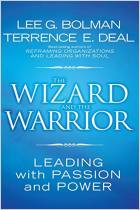
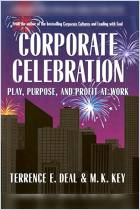

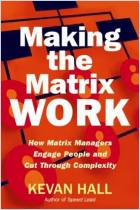
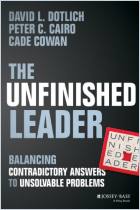
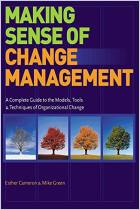
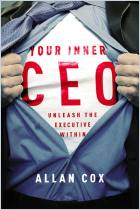
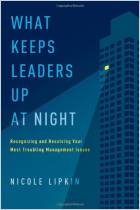




Comment on this summary